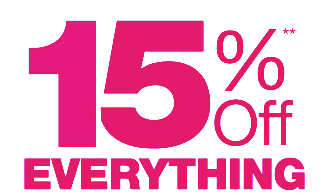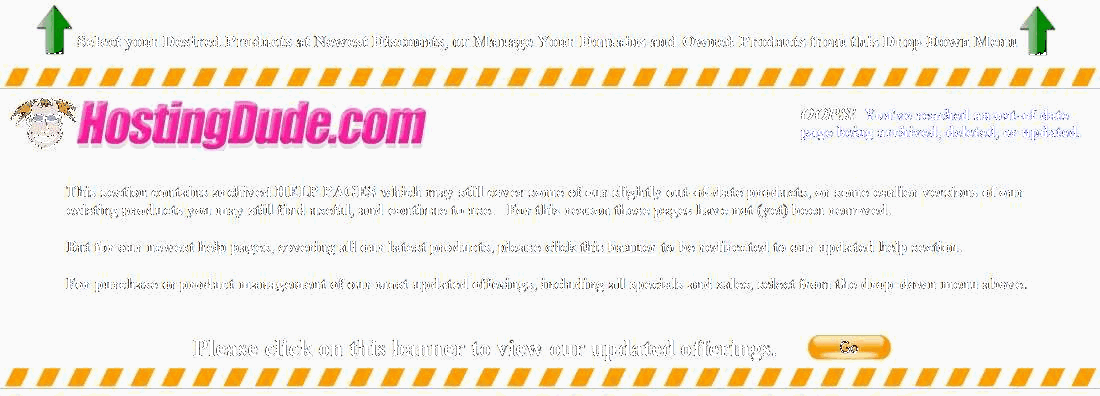Why isn't my site showing up on search engine results pages?
There are several reasons why a site might not show up in search engine results pages. Here are the most common ones:
The search engines haven't indexed the site yet. Sometimes it can take a week or more for a search engine to find your website. This is because your website is new and doesn't have any inbound links. Once your website is crawled, it usually takes another week or two for it to be pushed out to the index. A long time ago submitting your website to the search engines used to be a good way to speed up the process. But these days there are so many requests that the feature doesn't work. It's much easier to create links to get the spiders to crawl your site.
The site isn't optimized for search engine crawling. Once you submit your site to a search engine, a spider is sent to your site to crawl it for content. These spiders don't view your site like a visitor would. They scan your site for meta content, keyword saturation, relevant content, and many other factors. Therefore, you need to consider what content search engines actually see on your Web pages.
Wondering why a certain search term doesn't bring your site up in Google®? Take a look at the page content of your site. If the search term isn't in the actual content of your site, it's not considered relevant to the search engines.
Once search engines index your site, and you've sprinkled targeted keywords throughout the pages, the site starts displaying in queried search results. However, this does not necessarily mean you're going to be on the first page of search results.
For sites using JavaScript menus, a sitemap helps search engines index the entire. Because most search engines cannot follow JavaScript links, a sitemap aids in spider navigation.
For more information on sitemaps, see Making Sense of Sitemaps.
Not enough quality content. Your Web page copy — being the actual, visible main content of the page — should be presented and arranged in a logical and visually pleasing manner. And, the copy should be rich in keywords.
The keywords should be woven into the flow wherever it is possible, but without sacrificing narrative and textual flow. Note that search engines are very aware of keyword stuffing in page copy. Therefore, do not force keywords into the copy. Rather make the keywords appear as integral part of the natural flow.
In layout and writing style, your copy should suit the page's main target group. The point is to instantly catch and keep page visitors' attention, so they stay on your page instead of exiting via the nearest outbound link. Note that Internet readers tend to have shorter attention spans than readers of print media, such as newspapers and magazines. Web page copy should generally be shorter than similar text in printed form. Ideally, you should break up large amounts of text with images, animations or other elements.
Too much Flash®. Flash-animation can be visually stunning and might turn a Web page into a virtual work of art. Unfortunately, very few search engine spiders understand Flash. This means that Flash-embedded page elements, including links and text, are invisible to many visiting spiders. In other words, submitting heavily Flash animated pages to Internet search engines is usually futile.
You can still achieve decent rankings with partially Flash-animated pages by optimizing your site content and meta tags.
The site isn't optimized for search engine inclusion. Search engine optimization (SEO) describes the process of refining a website to gain a higher search engine ranking in "organic" search engine results. By optimizing your site, you can tailor your site to be search engine-friendly. SEO can be a challenging and rather lengthy process. The more research you put into the practice, the greater of a return you're going to see in your rankings. For more information, see How Search Engines See the Web.
The keyword market is very competitive. Search engines help millions of users across the world navigate the World Wide Web and find specific content amid the billions of documents that inhabit the Web. Make sure you are targeting a less competitive keyword market, so you can gain the attention of your consumer. Remember, your site might be returning in the results of a search engine query, but if you're keywords are too general your site is going to get lost in the shuffle.
This is where Search Engine Visibility can help:
If you're using Search Engine Visibility you can use the sitemap submission tool, optimization options, and the SEO Checklist to identify possible issues with your website.
- Optimize — Using the optimization options, you can tailor your website content to be search engine-friendly. Search Engine Visibility optimization features help you generate keywords, analyze site content, optimize tags, control crawling, and create a sitemap.
- Analyze — Using the SEO Checklist, you can identify whether you have problems with any of the top 10 most common search engine optimization pitfalls.
- Submit — Using the submission features, you can submit to specific search engines and directories, check the status of existing submissions, and correct any submission issues. Submitting your URL(s) directly to search engines ensures that their spiders crawl your site at the earliest opportunity.
For more information, see:
How does Search Engine Visibility help me optimize my site?





